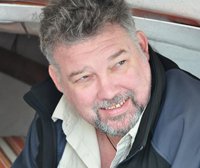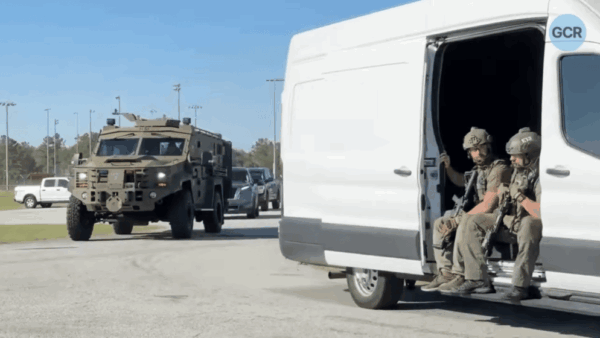By Neil Coker in Sierra Leone

Watching a carpenter use a 6-inch nail to drill a hole in the wall to hang a notice board, because no one had a drill, was a reality check.
We were in a remote location enhancing a mining facility that was recovering from the effects of the conflict, years of poor investment and a general lack of support.
I had been brought in to set up a projects team and deliver a number of general infrastructure and expansion projects. Key challenges were the lack of resources, materials, logistics, skills, supervision and time. If you say it quickly it doesn’t sound as bad.
The projects included refurbishing and constructing staff accommodation and welfare facilities, warehousing, workshops, mining plant and general infrastructure works. I decided the best way forward was to start with the basics and establish a stand-alone department using a matrix organisation with a shared services component.
That means we pooled skillsets for multiple project deployments. It’s useful when resources are limited.
The shared services were health and safety, planning, commercial management, procurement, logistics and training.
Time was short, so candidates were sourced through networks and the team was onsite within 12 weeks. We had to find labour because there were no competent contractors available for the infrastructure works. We worked with the local “paramount chiefs” to build a labour force of 300.
A paramount chief in Sierra Leone is the traditional leader for a given village, district, or region. By working with them we got support from the local community.
Because of the 11-year civil war and subsequent lack of employment opportunities, these workers were unskilled. But the general attitude was excellent and they were motivated to learn and deliver.
We set up a flexible but ambitious training regime. Each of the delivery leads was responsible for establishing standards pertinent to their discipline. I appointed local engineering trainees, on a two-year programme with the Sierra Leone Institute of Engineers, who would eventually take over from the expat technical and delivery leads.
Thinking outside the box
Success in this sort of environment depends on innovation and flexibility. Delays were unacceptable if alternate solutions could have been found by thinking outside the box.
For example, we needed concrete blocks, but it would have taken too long to procure and ship them so we trained staff to fabricate our own. Our refurbishment team used scrapped structures and re-designed and fabricated all our steel structures for warehousing and workshops.
Health and safety was a challenge. When we arrived, labour generally worked with no PPE of any kind, no method statements, little or no supervision, no permit to work system. I appointed an H&S training specialist who taught the entire workforce from the basics up.
In the course of 12 months our team was appointed, mobilised, delivered a 40% enhancement to existing mine productivity levels, increased accommodation levels by 80%.
For anyone thinking to take on a role in West Africa or similar locations, I would recommend a flexible but structured approach. Frustration is a daily issue but workers are motivated to succeed if managed effectively. I cannot emphasise enough the importance of training and professional development of staff. Ultimately, the biggest success was enhancing skills in the local workforce.
Neil Coker is a project manager with experience in the UK, Middle East and Africa, and an ambassador for the Chartered Institute of Building






